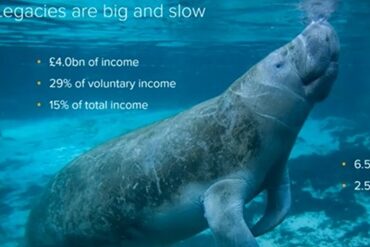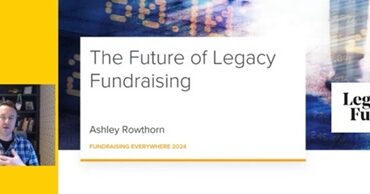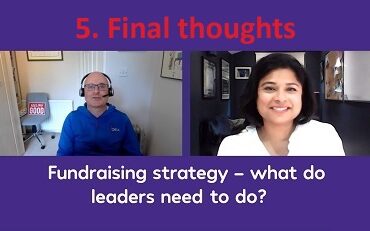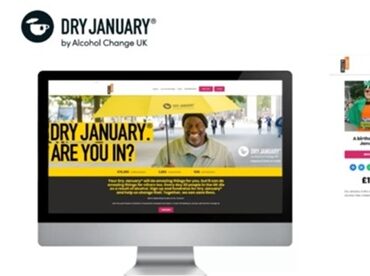
It’s not you. It’s us: Why charities need to mind their pronouns
One evening, a couple of years ago, I was watching a US celebrity news channel. Don't judge me. I'd had a tiring day. I needed something mindless. I needed bright colours. Is that enough excuses?
Anyway, a film star who'd recently become a mother was interviewed on the red carpet and said something like: "When you become a mother, you don't expect such strong emotions. It changes your life."
And this irritated me a little, but I didn't really know why at the time.
It became clearer to me some months later when I attended a course run by Leap Confronting Conflict, the fantastic charity I used to work for.
There, I learned two things in particular:
Talking about personal experiences in the 2nd person ("you") rather than in the 1st ("I") is all too easy to do, but it is less impactful, because it can sound like we're not speaking about ourselves.
Especially in moments of potential conflict, speaking in the 1st person rather than the 2nd can be very effective. Better to say "I feel this" than "you don't understand me" because it is indisputable.
So maybe this is why the celebrity's maternal utterances jarred with me. Actually, no! That's not how I feel! Speak about yourself!
It's not me. It's you.
And pronouns are equally important for charities. In 20 years in the sector, every organisation I've worked in has wrestled with its pronouns. Seriously.
We write about ourselves in the third person a lot (e.g. "The Red Cross does X") but often veer incon




